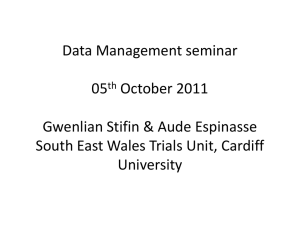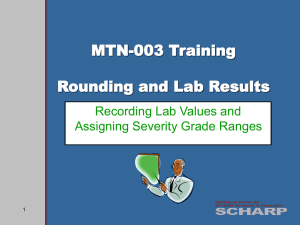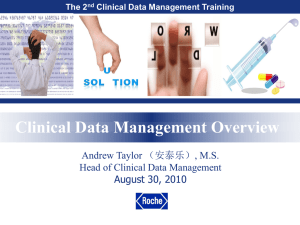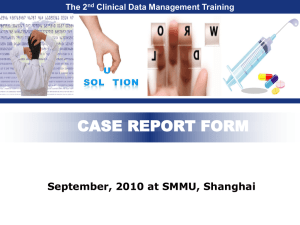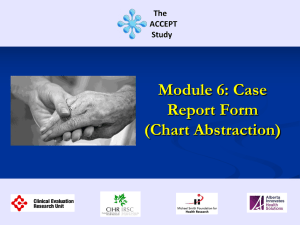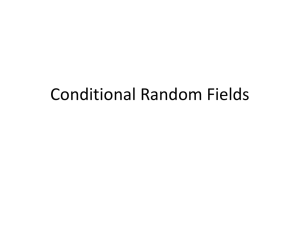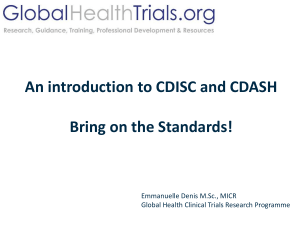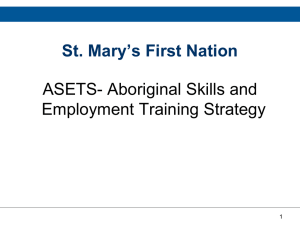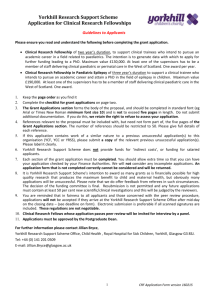header - NHS Research Scotland
advertisement
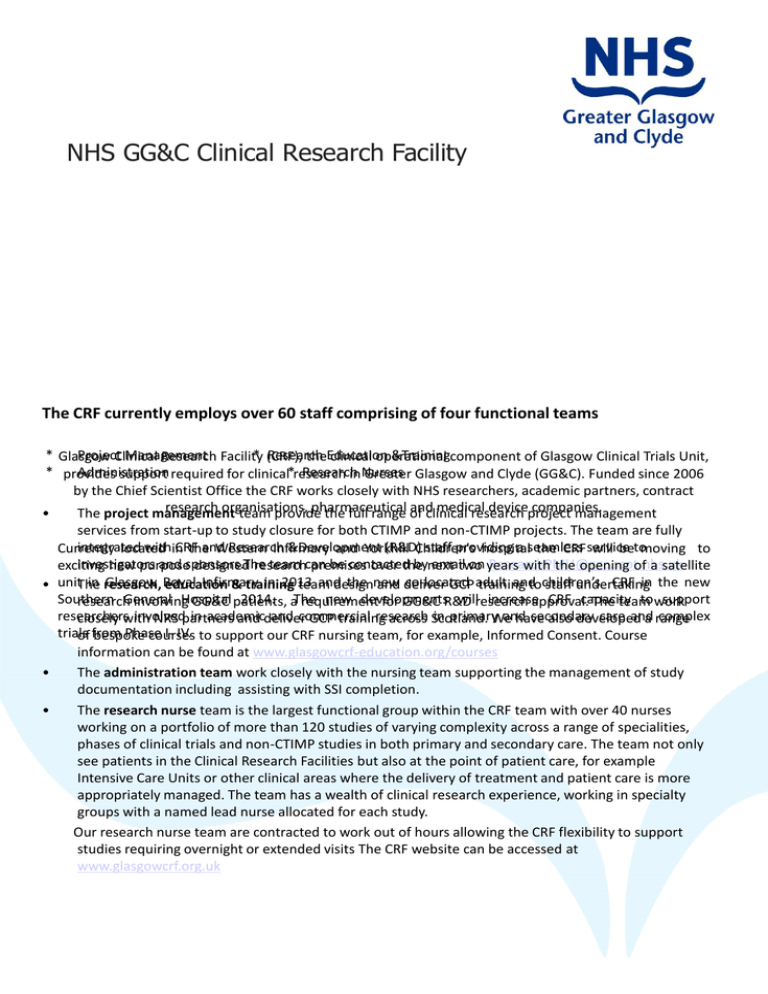
NHS GG&C Clinical Research Facility The CRF currently employs over 60 staff comprising of four functional teams * Glasgow ProjectClinical Management * (CRF), Research &Trainingcomponent of Glasgow Clinical Trials Unit, Research Facility theEducation clinical operational * provides Administration Research support required for clinical*research in Nurses Greater Glasgow and Clyde (GG&C). Funded since 2006 by the Chief Scientist Office the CRF works closely with NHS researchers, academic partners, contract research organisations, pharmaceutical and medical deviceproject companies. • The project management team provide the full range of clinical research management services from start-up to study closure for both CTIMP and non-CTIMP projects. The team are fully integrated within CRF and Research &Development (R&D)Children's staff providing a seamless Currently located the Western Infirmary and Yorkhill hospital the CRF service will betomoving to investigators and sponsors.The team can be contacted by email on ResearchPMU@ggc.scot.nhs.uk exciting new purpose designed research premises over the next two years with the opening of a satellite in research, Glasgow Royal Infirmary in 2013 and the new co-located andtochildren’s CRF in the new • unitThe education & training team design and deliver GCP adult training staff undertaking Southern Hospital 2014. aThe new developments willresearch increaseapproval. CRF capacity to work support researchGeneral involving GG&C patients, requirement for GG&C R&D The team researchers involved in academic and commercial research in primary and secondary care and complex closely with NRS partners and deliver GCP training across Scotland. We have also developed a range trials Phase I- IV. to support our CRF nursing team, for example, Informed Consent. Course of from bespoke courses information can be found at www.glasgowcrf-education.org/courses • The administration team work closely with the nursing team supporting the management of study documentation including assisting with SSI completion. • The research nurse team is the largest functional group within the CRF team with over 40 nurses working on a portfolio of more than 120 studies of varying complexity across a range of specialities, phases of clinical trials and non-CTIMP studies in both primary and secondary care. The team not only see patients in the Clinical Research Facilities but also at the point of patient care, for example Intensive Care Units or other clinical areas where the delivery of treatment and patient care is more appropriately managed. The team has a wealth of clinical research experience, working in specialty groups with a named lead nurse allocated for each study. Our research nurse team are contracted to work out of hours allowing the CRF flexibility to support studies requiring overnight or extended visits The CRF website can be accessed at www.glasgowcrf.org.uk NHS Greater Glasgow Clinical Research Facility Where do we work? The CRF team support research in both primary and secondary care in GG&C . We have specific primary and secondary care research teams to facilitate the development of the specialist skills required however there are clear pathways for integrated working. An easy example is identifying potentially eligible participants in primary care and managing all trial visits in the CRF under the care of a PI based in secondary care. The primary care team has set up, under the direction of our CRF GP Director, a GP affiliate group with over fifty practices signed up to participate in research. The nurse team have developed specialist skills in using the GP patient management systems to search eligibility and have a mixed portfolio of commercial CTIMPs and non-commercial studies currently recruiting and meeting timelines and targets. The secondary care team are working with over 100 studies across all of the acute hospitals in GG&C , including paediatrics and obstetrics, working on Chief Investigator and Principal Investigator led studies in Glasgow. We support studies and clinical trials in for example diabetes, cardiology, respiratory, rheumatology, hepatology ,infectious diseases, renal, transplantation, lipid management, neurology and also a number of medical device studies. The aims of the CRF are to continue to develop and enhance our reputation for: Delivering, in a safe environment, care of the highest quality for patients and healthy volunteers participating in research. Delivering consistently high quality research data Complying with national regulatory requirements at all times and international regulations as required when conducting clinical research. Developing a team of research staff with the knowledge, skills and technical expertise to support complex research projects and clinical trials. Exemplars Provalid: MULTINATIONAL PROSPECTIVE BIOMARKER STUDY IN TYPE 2 DIABETES. EU funded, Glasgow is the single participating UK site with a target recruitment of 800 patients over a 2 year period. 230 patients have been recruited from GP surgeries in 5 months, recruitment timelines are being achieved . Using an integrated approach study participants can choose to be seen in either GP surgery or CRF. MS Trial Recruitment Success: Commercially funded Phase IV multi-centred, multi-national CTIMP in MS Following site initiation the GG&C hospital site was notified of study closure in a matter of days due to competitive recruitment targets being met. In response the research team recruited and randomised 10 patients over a 2 day period before global recruitment closed, allowing the site to meet contractual targets but importantly making the study available to the local patient population. The PI and CRF research nursing team have been commended by pharma partners for their achievement. Neuopathic Pain CTIMP: Commercially funded Phase IIa , multi-centred, randomised, double-blind double-dummy, active and placebo controlled, parallel group, multiple oral administration trial. This was a new clinical specialty for CRF nursing staff and we worked in collaboration with an experienced Principal Investigator and nurse specialist to support and manage the study. Patients were recruited by a mix of advertising and from the Principal Investigator’s patient base. The main challenges for the trial were recruitment and retention of the participants as the CTIMP design included a 15 day/night block stay for participants. The CRF had consecutive participants over a 6-8 week period. It was a logistically challenging trial but something we are happy to repeat. The overall experience was very successful with positive feedback from the sponsor, participants and the research team.

